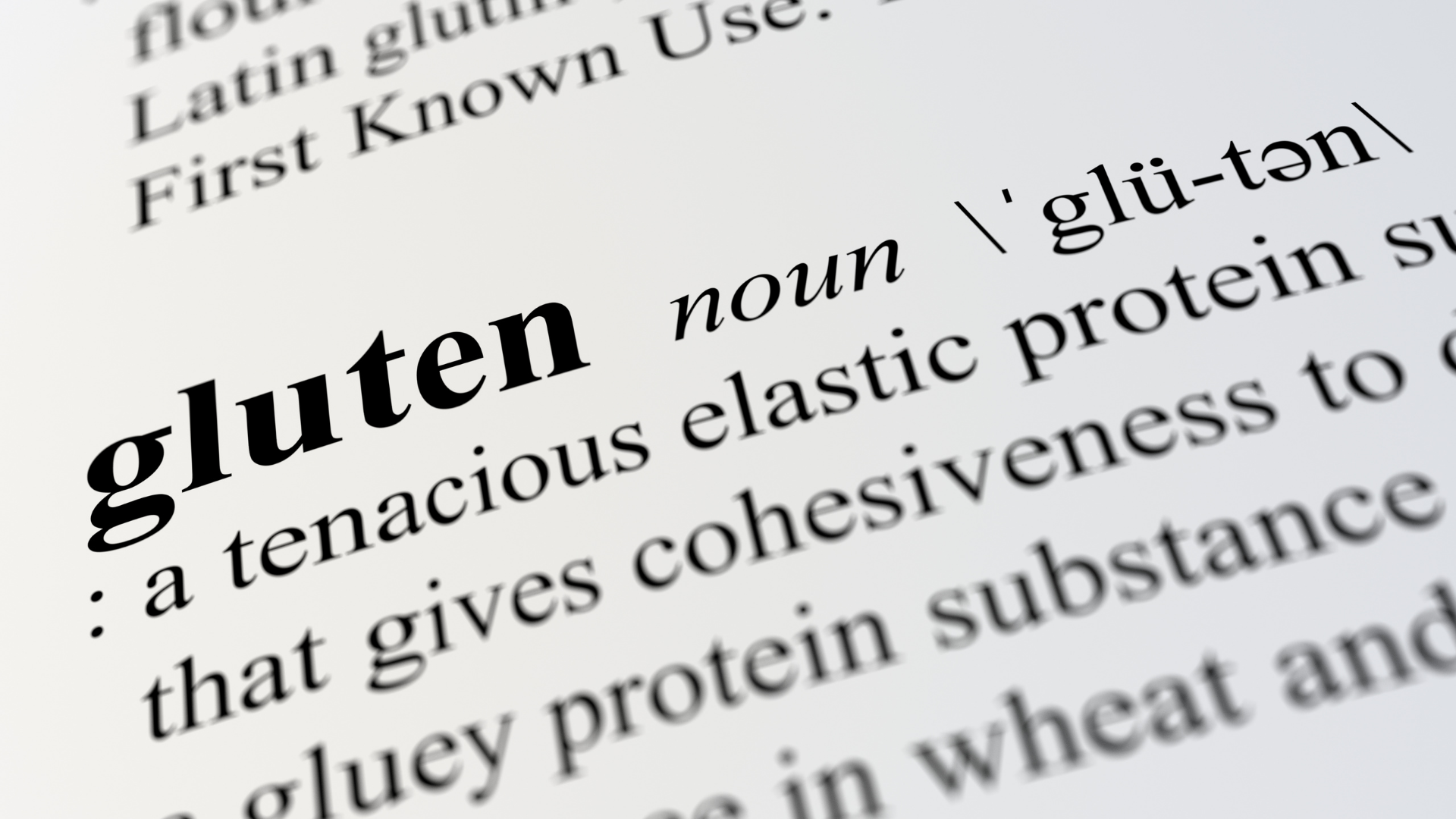There are many definitions for what gluten is, from the most basic to the most advanced. The most basic definition of what is gluten is that it is a protein found in wheat. If you eat a lot of wheat, it will eventually produce antibodies that identify the wheat as something foreign and will start attacking it. In turn, the body’s cells will begin to consume the wheat and will stop producing antibodies. This is something that is only going to happen in the short term, however. In order for this to continue to work, a person needs to continue to eat a lot of wheat.
It is a protein found in wheat, barley, and rye. When it is not digested, gluten can cause a wide range of health conditions, including celiac disease, gluten sensitivity, and non-celiac gluten sensitivity. These conditions can be transitory and difficult to diagnose, which is why it is important to be aware of what gluten is and what it isn’t.
The protein is made in the form of a long chain of amino acids but has a structure that allows it to be bonded to itself. It is a functional protein, which occurs in food in a form called “gluten” and is responsible for the grain’s elasticity, shape, texture, and is responsible for the bread-making process. While it is very common in the western diet, it is not a required nutrient and is found in many foods, including fruits and vegetables.
Here are some more facts about gluten:
- When it comes to eating gluten-free, most Australians are confident that they are eating safe products. However, with the growing popularity of gluten-free products, consumers are being misled into thinking they are eating gluten-free when in fact, they are not. The Australian Competition and Consumer Commission (ACCC) recently released a report showing that significant amounts of gluten-free foods sold in Australia contain undeclared gluten. The labelling of such foods is inadequate.
- As most people know, most grains contain gluten, but some do not. This is especially true of certain types of wheat (e.g., kamut, einkorn) and oats (e.g., oat bran and old-fashioned oats). But wheat and oats aren’t the only grains that don’t contain much gluten. Other grains – including millet, sorghum and quinoa, and many other foods and grains – also contain very little gluten.
Gluten is a protein found in wheat and other grains. Research has shown that some people get a reaction to gluten, which can cause digestive problems, including fatigue, headaches, and nausea, amongst many other symptoms you can find online. For many, the symptoms don’t appear until they’ve ingested gluten, which can be difficult to pinpoint since gluten can be found in so many different items. Many people with Coeliac Disease have a gluten sensitivity, which is the same thing, but instead, their immune system attacks their body’s own tissue and stops it taking in nutrients, which can damage your gut. Reactions to gluten can take place in different ways. Understanding the specifics of your gluten sensitivity can be important for managing your health. If you are concerned about potential food sensitivities, consider reaching out to professionals such as Advanced Food Intolerance Labs, and similar others, to figure out the root cause. This can be useful for those who experience a range of symptoms but are unsure of the exact reason for their issue.
The human body has an intricate system of reactions to food based on our genetics, hormones, and the foods we eat. As with most of our bodily reactions, the effects of gluten are neither good nor bad but are rather merely an indication of how our bodies are handling the food we eat.
- Gluten is an ingredient found in many foods, including wheat, barley, and rye, but not all are made from these grains. Gluten is a protein found in some types of wheat, which is used as a food additive to improve the elasticity of the dough. As mentioned before, unfortunately, it also sometimes causes an inflammatory response in the gut, leading to problems with gut health.
- Gluten can stimulate the release of zonulin protein which can lead to a leaky gut. A leaky gut syndrome is a condition where the small intestine is exposed to a substance or substances that cause a temporary weakening of the intestinal wall. The term “leaky gut” is also applied to the permeability of the villi in the small intestine. The leaky gut syndrome is inflammation of the intestine, causing its barrier to be weakened by the release of different substances, including partially digested food molecules, bacterial components of the intestinal flora, and even bacteria themselves.
Conclusion:
Here, we have covered some of the topics surrounding gluten, including the types of products it can be found in and the effects it can have on the body, particularly if you have a gluten intolerance of some form. So, it is important to research the products you are consuming before you eat it to avoid any adverse side effects and potential long-term health problems. There is so much information on the internet, so use this blog post as a start and begin your research to a better diet for your needs.

